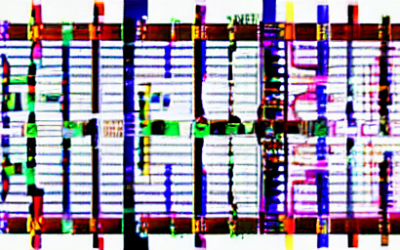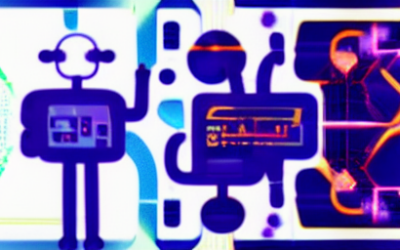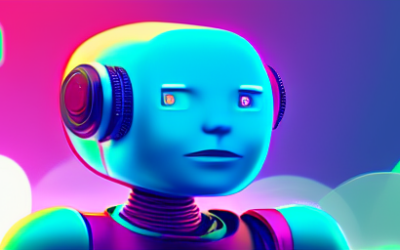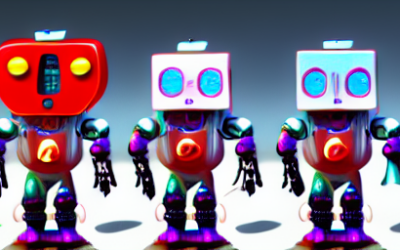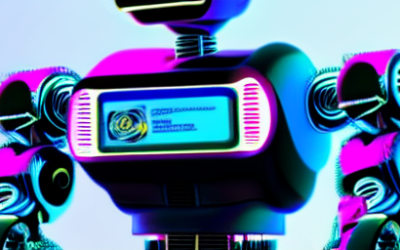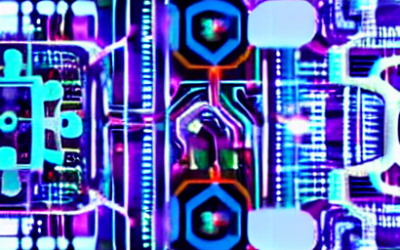AI model agents have the potential to augment human capabilities in numerous ways, providing enhanced support and efficiency across various industries. By leveraging machine learning algorithms and deep neural networks, these agents can analyze complex data sets and extract valuable insights, allowing humans to make more informed decisions.
Tech Blog
Tech Insights, Information, and InspirationThe Power of Transfer Learning: Leveraging Pre-trained Models for Faster AI Development
Transfer learning enables developers to leverage pre-trained models and adapt them to specific tasks, saving time, computational resources, and data requirements. In this blog post, we will explore the power of transfer learning and its profound impact on accelerating AI development.
The Emergence of Reinforcement Learning: Training AI Agents to Learn from Experience
Reinforcement learning can be seen as a simulation of how humans learn from experience. Just as a child learns to navigate the world by trial and error, reinforcement learning enables AI agents to learn through interaction with an environment.
Responsible AI: Navigating the Ethical Landscape of Artificial Intelligence
Responsible AI: The concept of designing, developing, and deploying AI systems in an ethical and socially responsible manner. Responsible AI considers aspects such as fairness, transparency, accountability, privacy, and the potential impacts of AI on society.
Understanding GANs: How Generative Adversarial Networks are Transforming AI
In the world of artificial intelligence, Generative Adversarial Networks, or GANs, have emerged as a powerful and revolutionary concept. With their ability to generate realistic and high-quality synthetic data, GANs have captured the attention of researchers, developers, and enthusiasts alike. These networks are transforming the way we approach various AI applications, from computer vision and image synthesis to natural language processing and even drug discovery.
AI Technologies: The race to dominate
There is a race to dominate AI technologies because of the vast potential applications and benefits that AI offers across various industries and sectors.
Autonomous AI Agents
Both OODA and PDCA are used in autonomous AI decision-making. OODA is used to make decisions in dynamic environments, while PDCA is used to make decisions in stable environments. In autonomous AI decision-making, the OODA model is used to observe the environment, orient the AI system to the situation, decide on a course of action, and act on the decision.
Get In Touch
UseTech Design, LLC
TROY, MI • BLOOMFIELD HILLS, MI
Call or text +1(734) 367-4100


